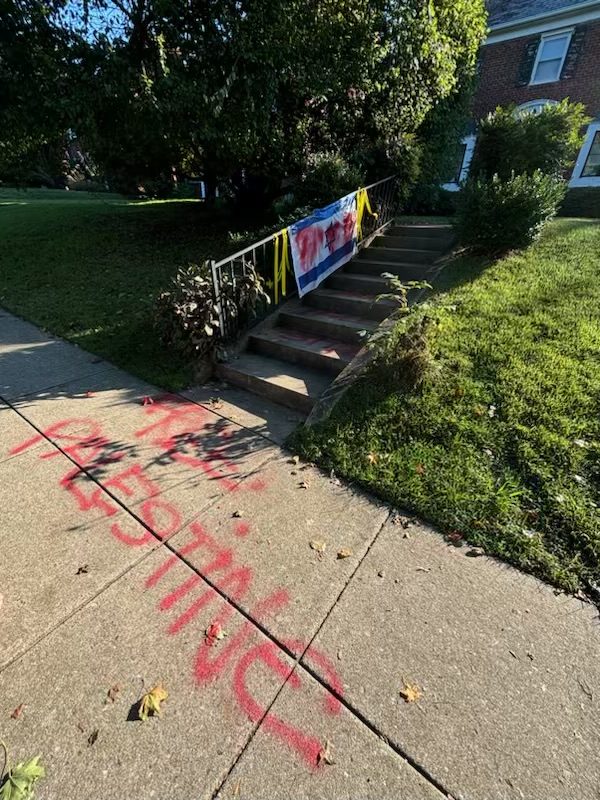Heat in the holy land
June 10, 2022
In the past month, a string of lone-wolf terrorist attacks in Israel has increased tensions between Israelis and Palestinians. This rise in terrorism represents the deadliest wave of violence in Israel since the surge of attacks in 2016. The violence is disheartening for us to see because it makes the prospect of peace seem to drift further away with each confrontation and attack.
Since the first stabbing attack on March 22 in Beersheba, 19 people have been killed, including both Israelis and Palestinians. With bodies piling up on both sides, it is clear the conflict will not be solved through bloodshed.
We must not forget the innocent lives that have been lost in these attacks. Many had their full lives ahead of them, but they were cut short for no purpose. To honor them, it is of the utmost importance that the two sides begin to talk to one another, so that nobody else dies in vain. Productive discussion and peace talks, however complicated they may be, do not result in the loss of lives.
Much of the recent violence has been concentrated around the Old City in Jerusalem, a holy site for Jews, Muslims and Christians. In April, a rare confluence of the holidays of Ramadan, Passover and Easter — a time that would ideally invite coexistence between the religions — created an environment ripe for conflict.
The Al-Aqsa Mosque, a holy site for Muslims, has been under Israeli external security control since 1967, with Waqf, an Islamic trust, controlling operations inside the compound. Thus, Israel controls who is allowed in for prayers. Usually, according to the New York Times, Israel eases restrictions on entry permits during the holy month of Ramadan to allow Palestinians access to the mosque.
However, this year, due to the rise in terrorist attacks, Israel increased security personnel around the mosque as a precaution, leaving many who pray there infuriated. This led to violent clashes between Palestinians and Israeli police in Jerusalem.
These events are just an example of the cycle of violence that causes a standstill in the peace process. Every time a Palestinian-motivated terror attack occurs, Israel ramps up security efforts, which leads to anger from the Palestinians, causing them to carry out more attacks. If this cycle continues, the attacks will only grow more worrisome and the conditions for both sides will continue to worsen. The murders of innocent people on each side of the conflict will not cease.
As students at a Jewish private school, this topic has increased importance to us. Many of us have relatives who live in the country or feel a special connection with the land. Learning about Israel throughout our JDS experiences has allowed us to have nuanced views of the conflict and understand why peace is so important in such a contentious land. The news of terror attacks is tragic to hear about each and every time, and it is worse to know that we continue to move even further from peace with each violent clash.







